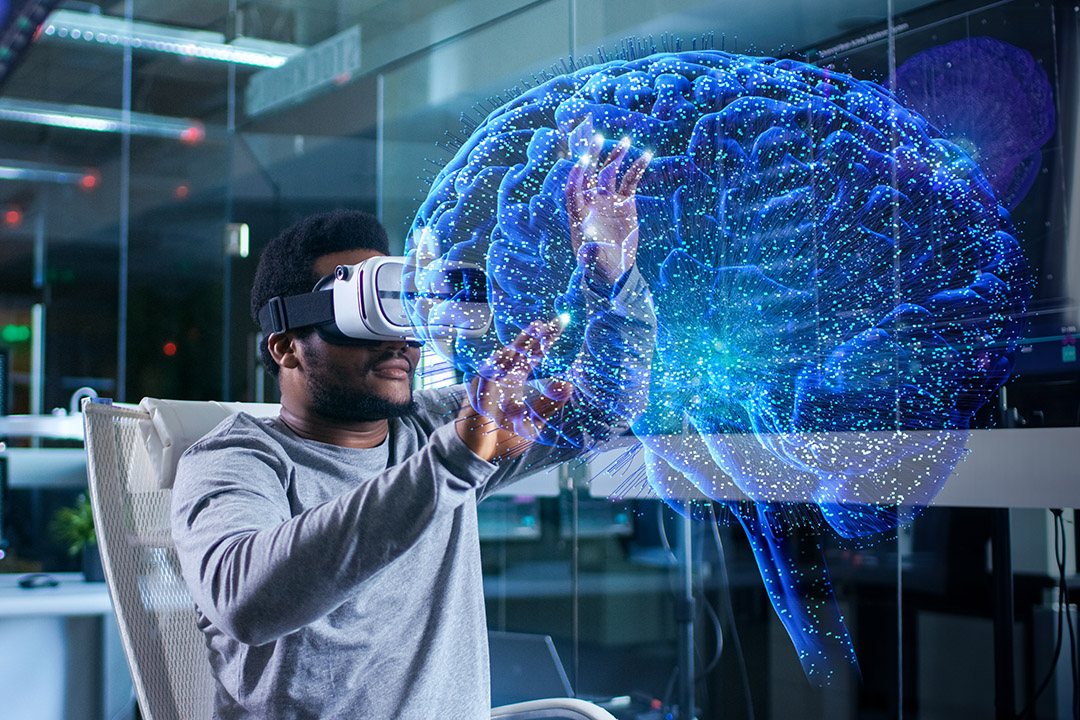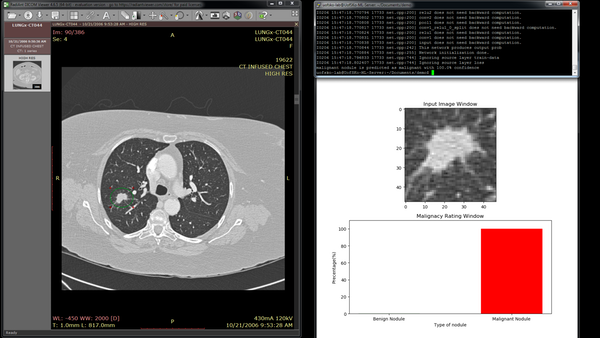Although great promise has been shown with deep learning algorithms in a variety of tasks across radiology and medicine, these systems are far from perfect. Obtaining high-quality annotated datasets will remain a challenge for deep learning training. Most computer vision research is based on natural images, but for healthcare applications, we need large annotated medical image datasets.
Another challenge from a clinical standpoint will be the time to test how well deep learning techniques perform in contrast to human radiologists.
There needs to be more collaboration between physicians and machine learning scientists. The high degree of complexity of human physiology will also be a challenge for machine learning techniques.
Another challenge is the requirements to validate a deep learning system for clinical implementation, which would likely require multi-institutional collaboration and large datasets. Finally, an efficient hardware platform is required to ensure fast processing of deep learning systems.
In the complex world of healthcare, AI tools can support human practitioners to provide faster service and more accurate diagnoses, and analyze data to identify trends or genetic information that may predispose someone to a particular disease. When saving minutes can mean saving lives, AI and machine learning may be transformative for healthcare workers and patients.



